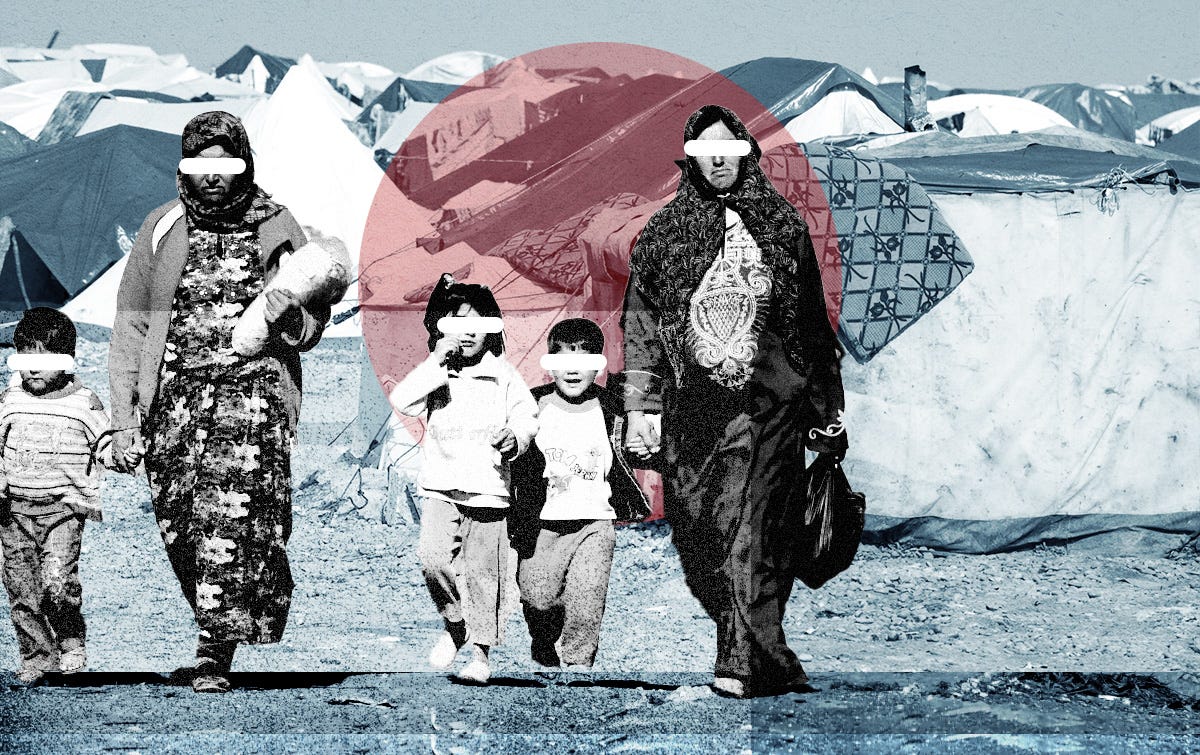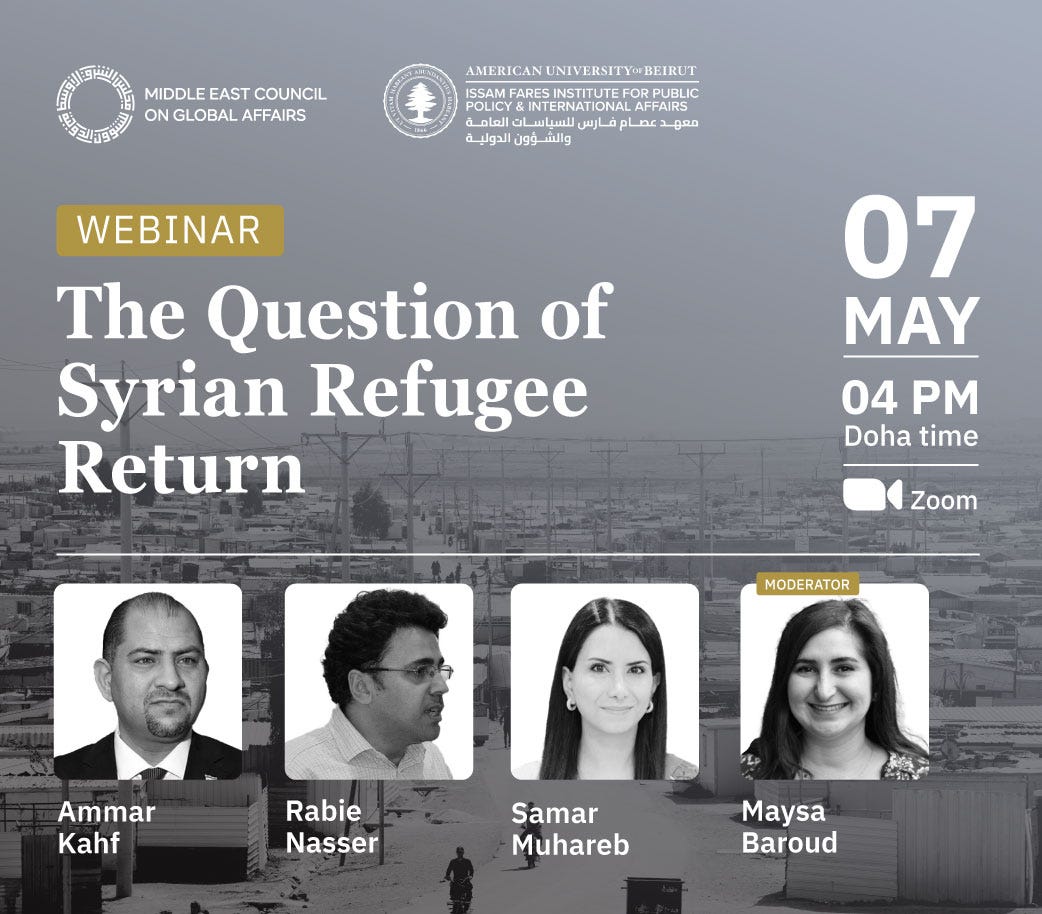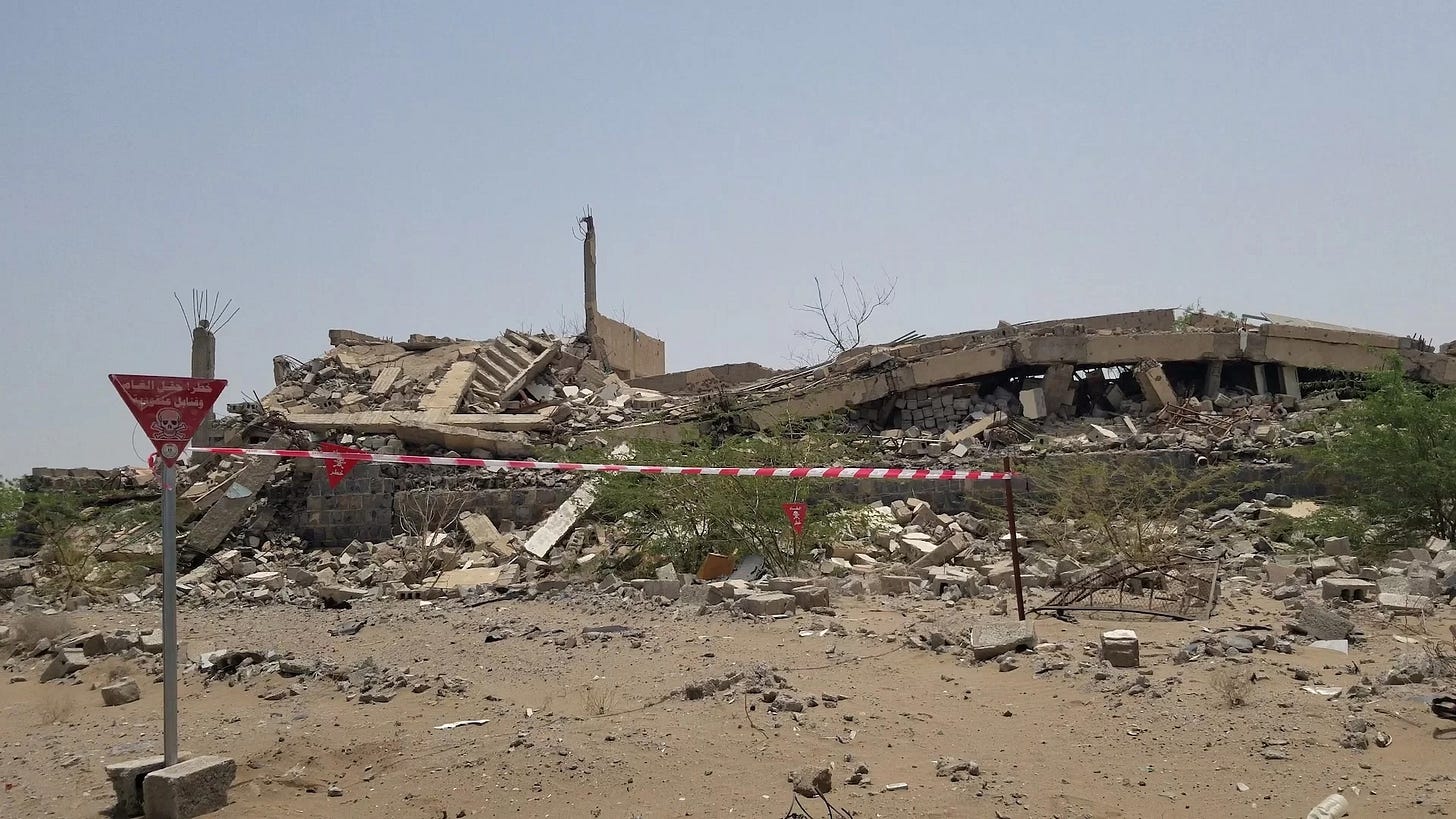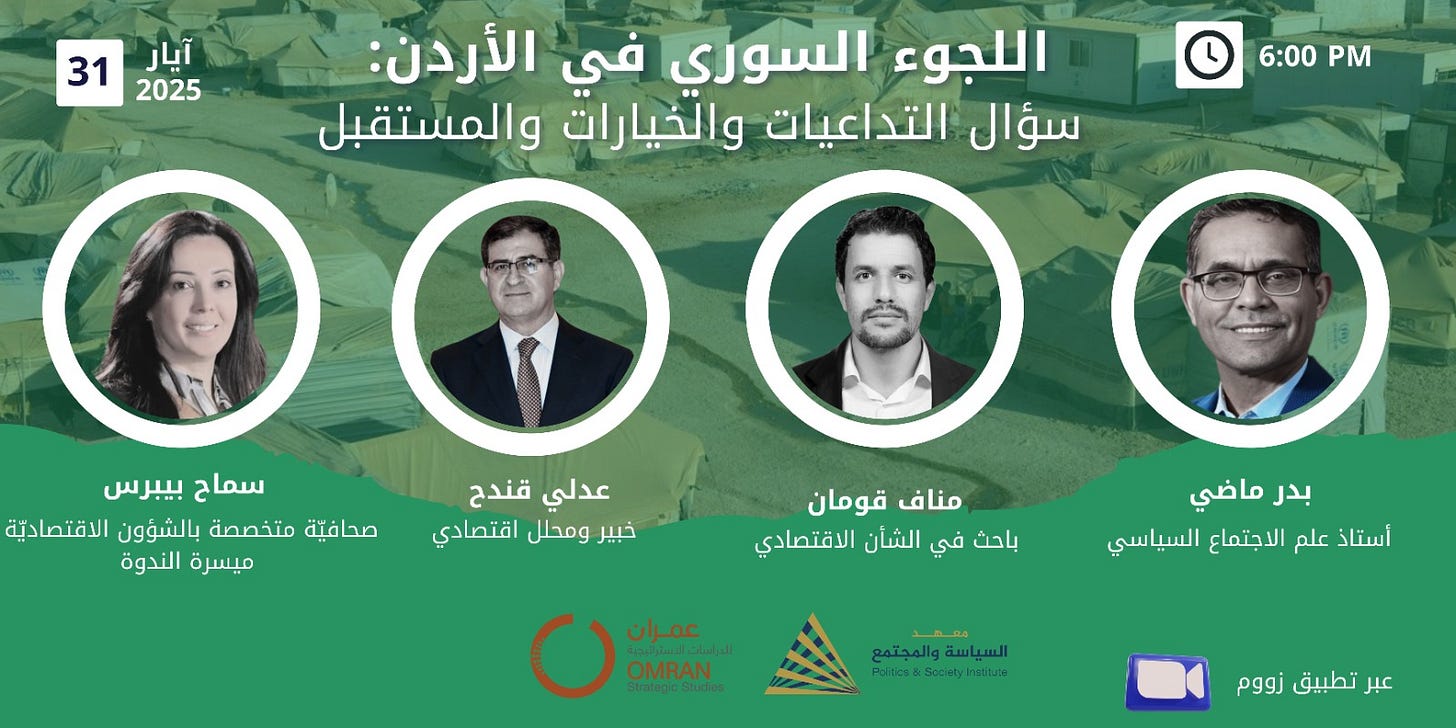Refugees and Displacement: Policy Insights from Arab Think Tanks
This issue of the Arab Think Tank Network (Arab TTN) newsletter highlights member publications and activities on refugees and displacement, marking World Refugee Day on June 20
June 24, 2025
The Arab region is both a place of origin and refuge for displaced populations; the majority displaced due to conflict, violence, and natural disasters. By mid-2025, countries across the Middle East and North Africa region hosted just over 4.4 million Syrian refugees (under the UNHCR’s mandate), as well as other refugee populations, including Sudanese, Afghan, Iraqi, Palestinian, Yemeni, and Somali refugees. By the end of 2024, the region comprised approximately 16.6 million internally displaced persons (IDPs), equivalent to 22% of all IDPs globally.
Governments in the Arab region have adopted varying approaches to managing displacement crises. Notably, many are not signatories to the 1951 Refugee Convention. Indeed, the majority of refugees in host countries have limited rights and opportunities. In particular, they struggle to obtain legal residency, secure employment in the formal sector, formalize their businesses, and access basic services such as healthcare and education. Internally displaced persons also face significant challenges, including limited access to basic services.
In this context, this issue of the Arab Think Tank Network (Arab TTN) newsletter aims to highlight policy-relevant publications and activities related to refugees and displacement in the region, focusing on the challenges that refugees face, their implications, and government responses.
Network Highlights
Webinar: The Question of Syrian Refugee Return
May 7, 2025, Middle East Council on Global Affairs (ME Council) & Issam Fares Institute for Public Policy & International Affairs at the American University of Beirut (IFI-AUB)
Within the framework of the Arab Think Tank Network’s activities, the Middle East Council on Global Affairs (ME Council) and the Issam Fares Institute for Public Policy & International Affairs at the American University of Beirut (IFI-AUB) hosted a webinar exploring the legal, political, and practical conditions shaping Syrian refugee return from host countries in the region, the policy responses in the region, and what is needed to facilitate a safe, dignified, and voluntary return. The webinar featured insights from Ammar Kahf, Co-Founder and Executive Director of Omran for Strategic Studies, Samar Muhareb, Director of the Arab Renaissance for Democracy and Development (ARDD), and Rabie Nasser, Co-Founder of the Syrian Center for Policy Research (SCPR).
Watch the webinar recording here.
Member Highlights
Displacement in Yemen
Article: The Woeful Plight of Yemen’s IDPs: A Tale of Two Towns
Sam Ali, Sana’a Center for Strategic Studies, April 21, 2025
This article highlights the devastating impact of Yemen’s war on internally displaced persons (IDPs) through the stories of two families from Haradh and Al-Durayhimi. It contrasts the experiences of Yousef, who remains displaced due to landmines and conflict, and Kareem, who returned to a devastated, hazardous hometown. The piece underscores the immense challenges IDPs face—unsafe conditions, lack of aid, and psychological trauma—while calling for urgent demining and support to enable safe returns and reconstruction.
Read the article here.
Report: Conflict and Climate: The Need for Green Transitional Justice in Yemen
Sana’a Center for Strategic Studies and Columbia Law School Human Rights Clinic, February 18, 2025
This report explores the interconnectedness of conflict and environmental degradation—the two primary drivers of displacement in Yemen. Based on two years of research and lessons from other contexts, it argues that environmental concerns must be integrated into Yemen’s transitional justice process. The report aims to persuade stakeholders that future transitional justice processes in Yemen can and should address environmental harms and climate change. To support this, it offers a set of practical and actionable recommendations for implementing green transitional justice in Yemen.
Read the full report here.
Focus on Syrian Displacement
Issue Brief: From Aleppo to Algiers: Enterprising Syrians Bring Opportunity to Algeria
Dalia Ghanem, Senior Fellow & Program Director, ME Council, June 22, 2025
This issue brief explores the experiences of Syrian migrants in Algeria, highlighting their transition from initial transit to long-term settlement. It argues that Algerian policymakers must move beyond temporary legal frameworks and adopt comprehensive integration strategies that reflect the permanence of this population. Legalizing Syrians’ presence through secure residency and regulated employment would not only enhance their protection but also reduce the informal economy and increase tax revenue by integrating their contributions into the formal sector.
Read the issue brief here.
Webinar: Syrian Refugees in Jordan: Implications, Options, and Future Prospects
May 31, 2025, Politics & Society Institute and Omran Center for Strategic Studies, Amman, Jordan
Organized by the Politics & Society Institute and Omran Center for Strategic Studies, this webinar provided critical insights into the return of Syrian refugees from Jordan following the fall of the Assad regime. It analyzed the multifaceted economic and social impacts on Jordan, evaluated prospective return scenarios, and underscored the imperative for evidence-based, coordinated policies from both Jordanian and Syrian authorities to ensure sustainable reintegration.
Read a summary of the webinar proceedings here.
Policy Note: From Exile to Uncertainty: Syrian Refugees in Lebanon Consider Returning Home
Maysa Baroud, Joint Visiting Fellow at ME Council - IFI, ME Council, May 20, 2025
The fall of the Assad regime after almost 14 years of war has brought hope to many Syrian refugees that a long-awaited return home is possible. The shift also comes as welcome news for the governments of host countries, not least Syria’s neighbor Lebanon, where politicians have long claimed that the presence of hundreds of thousands of refugees places a heavy burden on scarce resources. This policy note examines the growing pressures and push factors that Syrian refugees in Lebanon face to return to Syria, as well as the factors in Syria hindering their return. It argues that, as pressure grows on Syrian refugees to return, every effort must be made to ensure that repatriations remain safe, dignified, voluntary, and in line with international human rights conventions. The note also highlights “go-and-see” visits as an important initial step, as they can enable Syrian refugees to assess the situation back home and initiate the necessary arrangements for a longer-term return when conditions permit.
Read the policy note here.
Issue Brief: Syrian Refugees in Jordan: Reality of the Return Option?
Farah Abu Ayadeh, Politics & Society Institute, March 17, 2025 (Article in Arabic)
This issue brief provides a critical analysis of the Syrian refugee landscape in Jordan, with a focus on the increasing return of refugees, primarily from Daraa. While the fall of Assad has facilitated this trend, ongoing economic and security challenges demand a rigorous assessment of return sustainability and its ramifications for both refugees and host states.
Read the issue brief in Arabic here.
Article: Syrian Refugees in Lebanon: Legal Challenges for Municipalities
Carlos Naffah, The Lebanese Center for Policy Studies (LCPS), August 20, 2024
This article explores the legal and administrative challenges Lebanese municipalities face in managing the presence of Syrian refugees. It highlights the importance of refugee registration and documentation, the gaps in the current legal framework, and the urgent need for coordinated national policies aligned with international human rights standards. It is written within the framework of LCPS’s “The Reform Monitor,” in partnership with Transparency International (TI) and its local chapter, Transparency International Lebanon – No Corruption. The monitor falls within the Building Integrity and National Accountability in Lebanon (BINA’) project, which is funded by the European Union.
Read the article here.
Israeli Aggression on Lebanon
Policy Brief: Mass Displacement Governance in Lebanon: Access To Rights Amidst War and Multileveled Crises
Elias Dahrouge, IFI-AUB, March 2025
This policy brief, written in December 2024, analyzes the complex displacement crisis resulting from the Israeli aggression, which affected over a million people, becoming the largest crisis in Lebanon’s modern history. The brief assesses Lebanon’s policy response through the lens of access to fundamental rights amidst severe socio-economic and political instability. Beginning with an overview of displacement numbers and context, the brief identifies key challenges in shelter, healthcare, and education. It highlights the structural deficiencies undermining Lebanon’s response and offers evidence-based, actionable recommendations tailored to policymakers, international organizations, and civil society groups.
Read the policy brief here.
Policy Brief: The Impact of Displacement and War Threatens Lebanon’s Already Fragile Socio-economic Fabric
Sybille Rizk, IFI-AUB, March 2025
This policy brief, written in November 2024, examines the dramatic escalation of conflict in Lebanon since October 2023, its devastating human toll, and the compounded humanitarian challenges amid overlapping crises. The brief analyzes how the ongoing conflict, compounded by years of crises, is reshaping Lebanon’s fragile socio-economic landscape. It highlights severe economic losses in key sectors such as trade, tourism, and agro-food; critical disruptions in essential services; explores demographic shifts, including accelerating emigration; and growing dependence on external aid and remittances, which risk deepening humanitarian dependency and weakening state sovereignty.
Read the policy brief here.
Research Report: The Dynamics between Syrian Refugees and Lebanese Returnees in Beirut’s Southern Suburbs
Carlos Naffah & Rasha Akel, LCPS, Forthcoming
This forthcoming research report explores the socio-economic and community relations between Syrian refugees and Lebanese displaced returnees to the Ghobairy area of Beirut following the 2023 war. The report highlights four primary sources of tension that shape everyday life in Ghobairy: competition over housing, employment, and aid, as well as challenges to social cohesion.
Stay tuned!
Migration in the Region
Conference: The Economic Research Forum’s 31st Annual Conference: Youth, Demographic Dividend and Migration in MENA
April 27-29, 2025, Economic Research Forum, Cairo, Egypt
The Economic Research Forum’s (ERF) 31st Annual Conference tackled the multifaceted challenges and opportunities related to youth, migration, and economic development in the MENA region. In her keynote speech at the conference, “Migration and Displacement: Challenges and Opportunities,” Jackline Wahba explored the complexities of labor migration in the region from the perspective of countries of origin. The speech also explored the relationships between human capital, labor markets, and migration. The speech also addressed the implications of forced migration and displacement on human capital investment, labor market prospects, and the economic integration of young individuals in host countries, providing a nuanced understanding of how migration—both voluntary and forced—affects the development of human development in the MENA region.
Read more about the conference here, and watch the keynote speech recording here.
The War on Gaza
Podcast Episode: Palestinian Genocide Survivors in Egypt
June 30, 2024, Al-Shabaka: The Palestinian Policy Network
In this episode of Al-Shabaka’s podcast, Rethinking Palestine, Ali, a humanitarian worker from Gaza now in Egypt, joins host Yara Hawari. Ali speaks on the experience of Palestinians from Gaza in Egypt as they maneuver the different legal, financial, and social hardships of their forced displacement.
You can listen to the full podcast episode and read the transcript here.
About the Arab Think Tank Network & Newsletter
Launched at the MENA Think Tank Forum in Doha in September 2024, the Arab Think Tank Network is a regional collaboration aimed at enhancing the policy impact of think tanks across the region while fostering deeper institutional ties among them. The current secretariat for the network is the Issam Fares Institute for Public Policy and International Affairs. This quarterly newsletter, coordinated by the network’s secretariat, serves as a platform to share members’ publications, events, and activities, aiming to strengthen connections among member institutions and other think tanks and increase the visibility of policy-relevant research coming from the region.
For any questions, you can reach out to Maysa Baroud, Coordinator of the Arab Think Tank Network Secretariat, at mb233@aub.edu.lb.
The views and opinions expressed in the publications, events, and activities featured in this newsletter are those of the authors and do not necessarily reflect the views of the Arab Think Tank Network or its member institutions.










